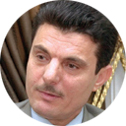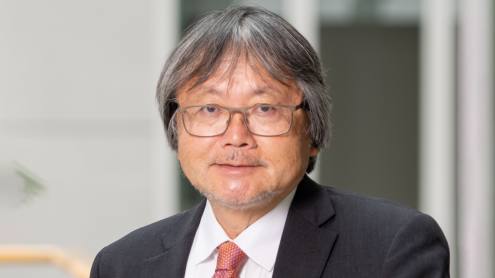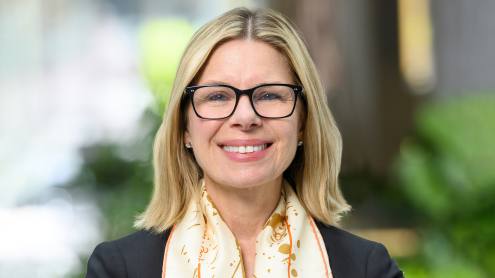
Q: What has been the impact of the government's 2004 reform of the financial services sector?
A: It is important to bear in mind that the reforms actually began in 2001, when the government issued a decree authorising the private sector banks to operate in Syria. Two-thousand and four is important because that is when the reforms took effect, with the start-up of the first of these new entrants. In this short period of time, the number of banks in the country has increased to 18, of which six are public sector entities and double that number are private sector initiatives, including two Islamic banks. As for their impact on the economy, these banks have played an important role in financing development projects and driving forward the retail and corporate banking sectors.
In addition, I would say the state-owned banks have also benefited from their presence with the introduction of state-of-the-art and competitive banking models. One should not ignore the strides that have been made in opening up the insurance sector, which has been registering 25% to 30% annual growth. This is one of Syria's most dynamic financial sectors and since the liberalisation of the insurance market in 2006, the industry has doubled in size.
Q: Are further financial liberalisation measures in the pipeline?
A: We have already made great strides in liberalising the banking and insurance industries, as well as the foreign exchange markets. Now our focus is on the securities market. We believe this will bring a much closer integration of the country's overall financial sector and will also help to overcome the obstacles to growth we faced in the past. For now, we have taken the reform measures as far as we can.
Q: Do you see Syria playing a significant role in the Middle East financial services market?
A: We would expect to see Syria competing with other centres such as Dubai and Bahrain, for instance, but this will take some time. We are realistic people and we believe this objective will take five years or more to achieve.
Q: Has there been much investor interest in Syria's new stock exchange?
A: We believe that over time there will be considerable interest in the new securities market. The important thing is that the exchange opened as planned, in spite of the global crisis. We see the securities market as a way to help our society achieve a higher level of development. The exchange is a tool to encourage investment in the Syrian economy.
Q: The exchange imposes certain restrictions on share dealing. Are you planning to review these rules?
A: Some of the regulations might appear restrictive, but we wanted to ensure that the market functioned in an orderly fashion. The regulatory framework will come under review in due course and probably be eased, but the message we wish to get across is that the market must operate in everyone's interest.
Q: How do you expect the economy to perform this year?
A: Obviously 2009 is not going to be as good a year as 2007 was, when gross domestic product grew by 6.5% up from 5.1% in the previous year. Growth slipped to 6% in 2008 and this year our objective is to repeat last year's performance. But even if it goes below 6%, the country will continue to develop. Syria has not escaped the impact of the global crisis. We are suffering from a three-year drought and the influx of 2 million Iraqi and Palestinian refugees. These factors will have a negative impact on the economy this year, while the international credit crunch has exacerbated the problem.
Q: Do you have any financial sector innovations in the works?
A: We are keen to keep the reform process moving ahead, despite resistance from some of the political opposition forces. Our five-year plan underpins our resolve to see this through and a crucial factor is President Assad's support for our efforts.
On the financing side, in the past we always funded a deficit by going to the central bank or reducing budget expenditure. This policy has undergone a change and we are thinking about using a different instrument, by issuing Treasury bills. We now have the legislation in place to enable us to issue domestic currency T-bills. For now, however, there are no plans to tap the international capital markets.











